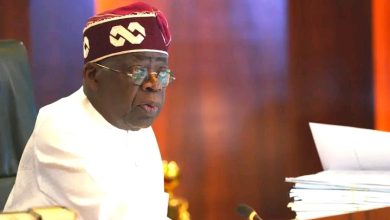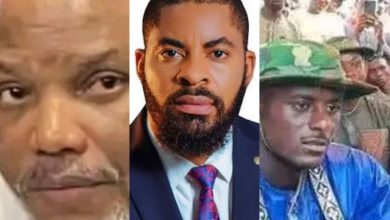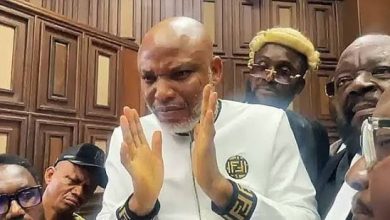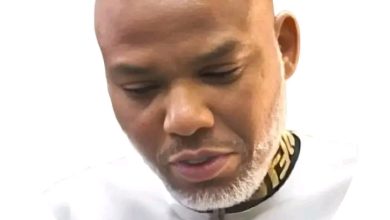Sowore Reignites Controversy as He Claims Nnamdi Kanu Verdict Was “Pre-Decided” by Tinubu Administration
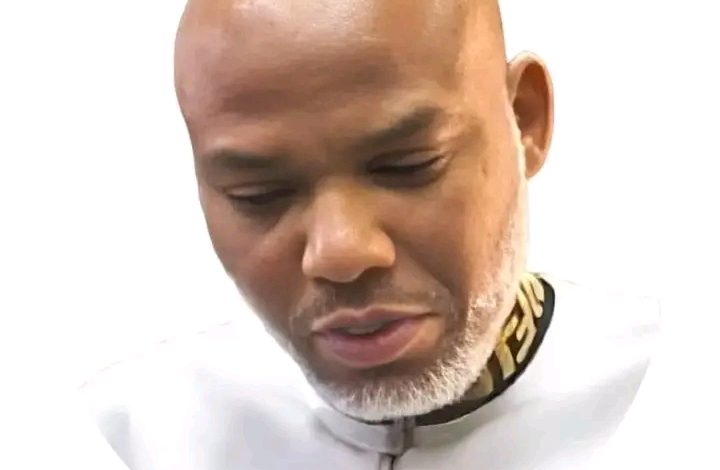
By Passman Akpos
Human rights activist and former presidential candidate, Omoyele Sowore, has stirred fresh national debate after insisting that the conviction of Indigenous People of Biafra (IPOB) leader, Mazi Nnamdi Kanu, was the outcome of a “long-decided political script” allegedly authored within the administration of President Bola Ahmed Tinubu.
Sowore, in a statement released on Thursday, said he had publicly warned on November 5, 2025, that the verdict in Kanu’s case had already been sealed “long before the court sat, long before arguments were heard, and long before evidence was considered.”
According to Sowore, his earlier alert was based on what he described as credible information from individuals within the regime. He alleged that the government had predetermined two possible outcomes: a death sentence or life imprisonment for Kanu.
> “A secret decision had long been reached within the Tinubu regime regarding the fate of Nnamdi Kanu,” Sowore said in the message he shared publicly.“The plan, devised through a political conspiracy, was to sentence him either to death or to life imprisonment, and the process was merely clothed in judicial procedure.”
He further claimed that presiding judge Justice James Omotosho was expected to conclude the trial by interpreting Kanu’s refusal to open his defence as an admission of guilt, thereby sealing a predetermined verdict.
Historical Parallels and Political Allegations
Sowore drew a controversial parallel to the November 1995 execution of Ken Saro-Wiwa and eight Ogoni activists under the Abacha regime, warning that Nigeria was “standing at the same moral crossroads” three decades later.
He insisted that the trial had “ceased to be about justice,” claiming instead that it had become “a test of national conscience.”
The activist’s claims triggered a wave of emotional reactions across social media, with supporters of Kanu expressing outrage, alleging ethnic bias, and accusing the judiciary of selective justice. Some commenters compared the treatment of Kanu to the government’s approach to other security-related cases involving clerics or bandits, arguing that the IPOB leader was being singled out.
Sharp Pushback Against Sowore
However, Sowore’s comments also provoked strong criticism. Some respondents accused him of fueling public fear, exaggerating political tensions, or presenting personal suspicion as insider intelligence.
One critic argued that Sowore had developed “a pattern of sensationalism,” alleging that:
> “Every national issue becomes, in his hands, a prophecy of doom. When the outcome matches his prediction, he calls it revelation.”
Others countered that, regardless of his tone, Sowore’s interventions were at least drawing attention to issues many Nigerians fear to discuss publicly.
Legal Analysts Call for Structure, Not Emotion
Amid the heated exchanges, some legal commentators noted that Kanu’s most viable path forward now lies in a well-structured legal appeal, backed by a unified defence team and a shift away from emotional public rhetoric.
They argue that the next phase requires:
A coordinated appellate strategy
Evidence-driven arguments#Clear reliance on constitutional provisions, including Section 36(12), which states that no one can be convicted of an offence not defined in written law.
A Nation Still Divided
The wider public reaction highlights Nigeria’s deep divisions over the IPOB question, national identity, ethnic suspicion, and the credibility of state institutions.
Yet, amid the anger and counter-anger, one sentiment repeatedly surfaced: a yearning for fairness, due process, and a justice system that commands universal trust.
As one commenter noted:
> “Nigeria still has hope when citizens can question each other and still pray for a better country.”
For now, the fate of Nnamdi Kanu moves to the appellate courts, as the country watches closely — and tensely — to see what direction the next chapter will take.
#FreeNnamdiKanuNow

